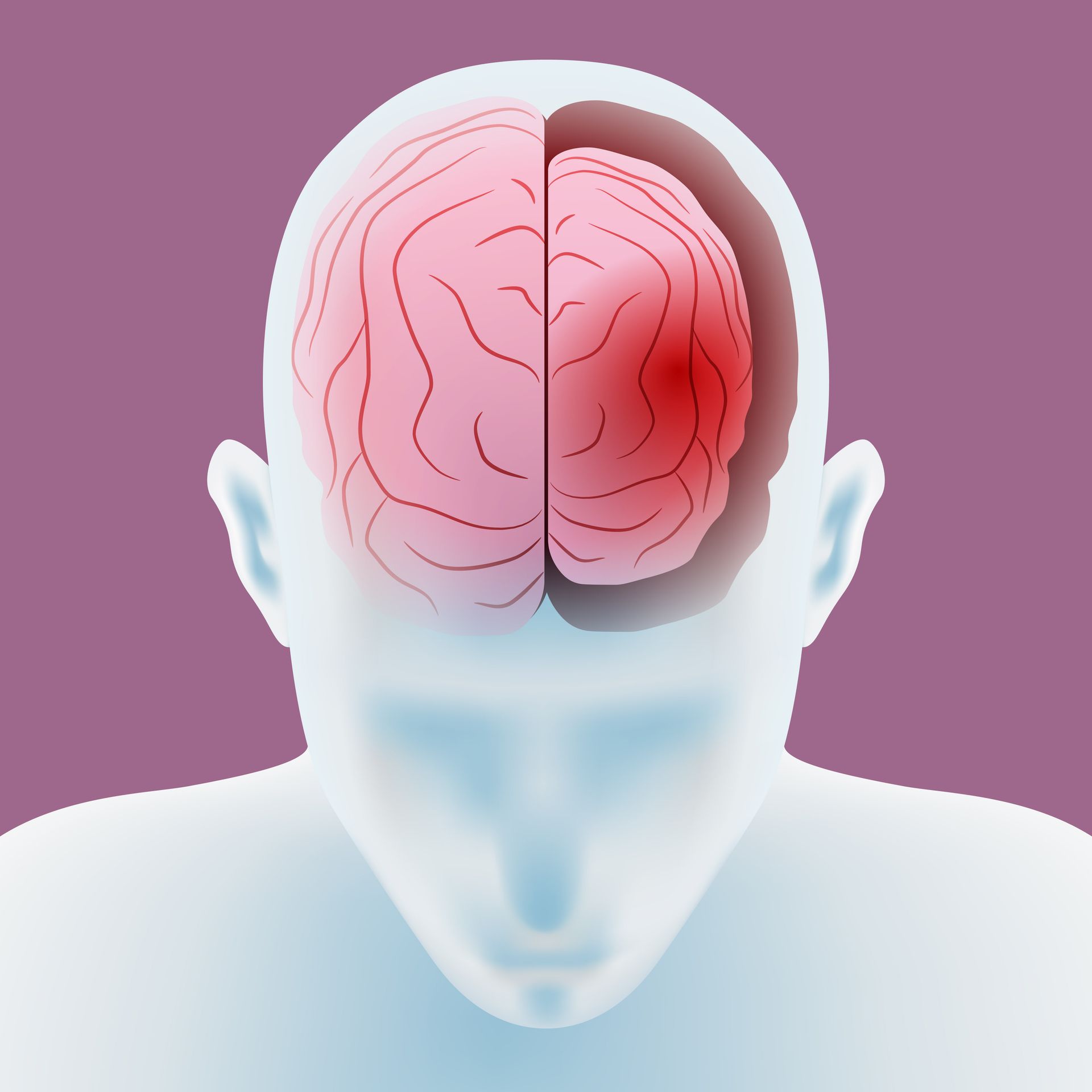BLOG
The Rehabilitation Options for Traumatic Brain Injuries
There are several rehabilitation options for traumatic brain injuries, from types of therapy to where it is received. If you, or a loved one, have had a traumatic brain injury (TBI), rehabilitation is a key element in your recovery and ongoing life. Each person’s needs are different, calling for an individualized program that addresses individual abilities and goals.
Rehab can take many forms depending on your needs, and might include physical, occupational, and speech therapy, as well as psychiatric care and social support.
Rehabilition options for traumatic brain injuries
Rehabilitation options for traumatic brain injuries are designed to help you recover from the effects of a TBI as much as possible. For example, rehab may help to:
- Improve your ability to function at home and in your community
- Treat the mental and physical problems caused by TBI
- Provide social and emotional support
- Adapt to changes as they occur during your recovery
Rehab can also help prevent complications of TBI such as:
- Blood clots
- Pain
- Pressure ulcers, also called bedsores
- Breathing problems and pneumonia
- A drop in blood pressure when you move around
- Muscle weakness and muscle spasm
- Bowel and bladder problems
- Reproductive and sexual function problems
Rehabilitation options for traumatic brain Injuries: determining your needs
Your care team will assess your needs and abilities to determine what type of rehab therapy you need. This assessment may include:
- Bowel and bladder control
- Speech ability
- Swallowing ability
- Strength and coordination
- Ability to understand language
- Mental and behavioral state
- Social support needs
A successful rehab program is likely to involve several healthcare providers. As time goes by, your program will most likely change to adapt to your needs and abilities. That’s why it’s a good idea to have one person, a case coordinator, overseeing your rehabilitation.
Choosing the location of your TBI rehab
As you consider rehabilitation options for traumatic brain injuries, you can work with your case coordinator to choose the location of your rehab. Possible settings include:
- Inpatient rehab hospitals
- Outpatient rehab hospitals
- Assisted living communities with traumatic brain injury supportive living, such as Assured Senior Living
- Home-based rehab
- Comprehensive day programs
Your individual program may include any or all of these treatments:
- Physical therapy
- Physical medicine
- Occupational therapy
- Psychiatric care
- Psychological care
- Speech and language therapy
- Social support
After TBI rehabilitation
How long your rehab lasts and how much follow-up care you will need afterwards depends on the severity of your brain damage and your response to therapy. Some people will return to the same level of ability they had before TBI. Others will need lifetime care.
In some cases, long-term effects of TBI can show up years later. In addition, following a TBI, you may be at higher risk long-term for Parkinson’s disease, Alzheimer’s disease, and other forms of dementia.
The benefits of receiving rehabilitation in a supportive living environment
An assisted living setting that includes traumatic brain injury supportive living, such as Assured Senior Living, offers multiple benefits and could be one of the most important of all rehabilitation options for traumatic brain injuries.
Our home-like, residential setting creates an ambiance that is safe and comforting, making it easy to rest and relax and focus on rehab with few distractions. At Assured, we bring in physical therapy, speech therapy, and occupational therapy for our residents.
In addition, you have the reassurance of a professional, caring staff on-site 24/7 to assist with activities of doing living and other needs. Other perks include robust social activities; delicious, home-cooked meals; wellness programs; transportation services; and the familiarity of a friendly neighborhood setting.
At Assured Senior Living, we understand the complexities traumatic brain injuries can present. And we offer personalized, compassionate care to help our valued community members thrive. Our customized programs promote residents’ health, socialization, and quality of life.
We uplift our valued community members—celebrating their many strengths and offering support when needed. If you love someone who’s coping with the effects of a brain injury and are concerned you’ll be unable to find the quality care they deserve—Assured Senior Living’s brain injury supportive living will allow you to finally put your mind at ease.
Care that’s not one-size-fits-all. Contact us today, or download our free Family Decision Toolkit guide for more information.















